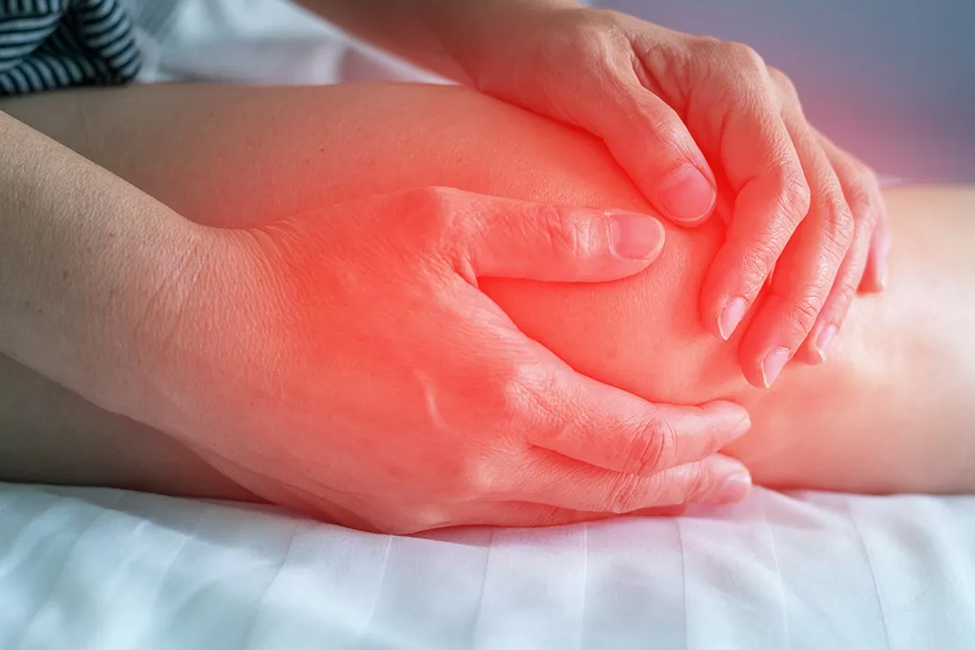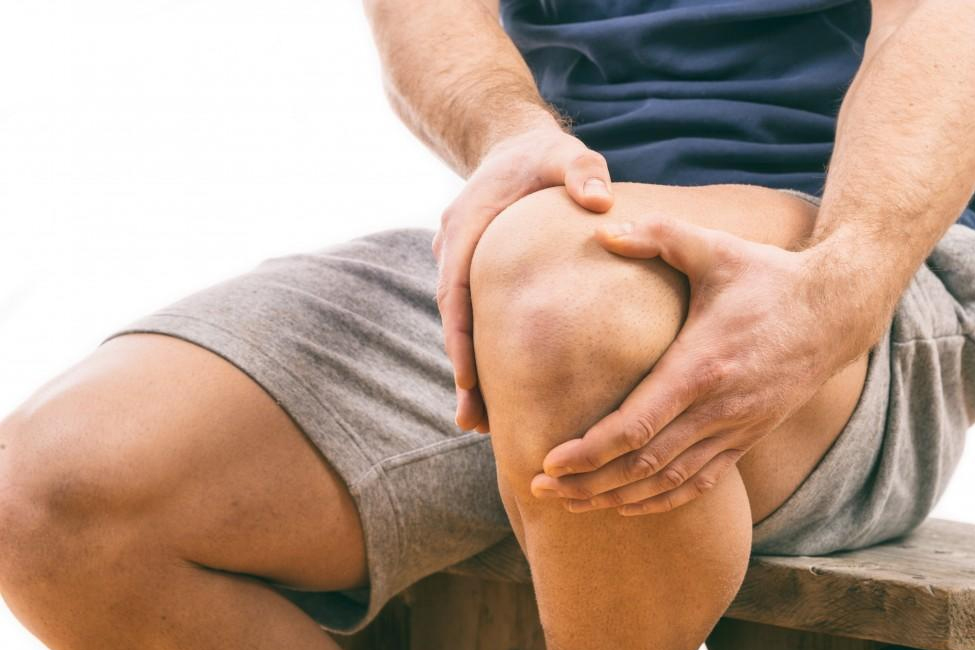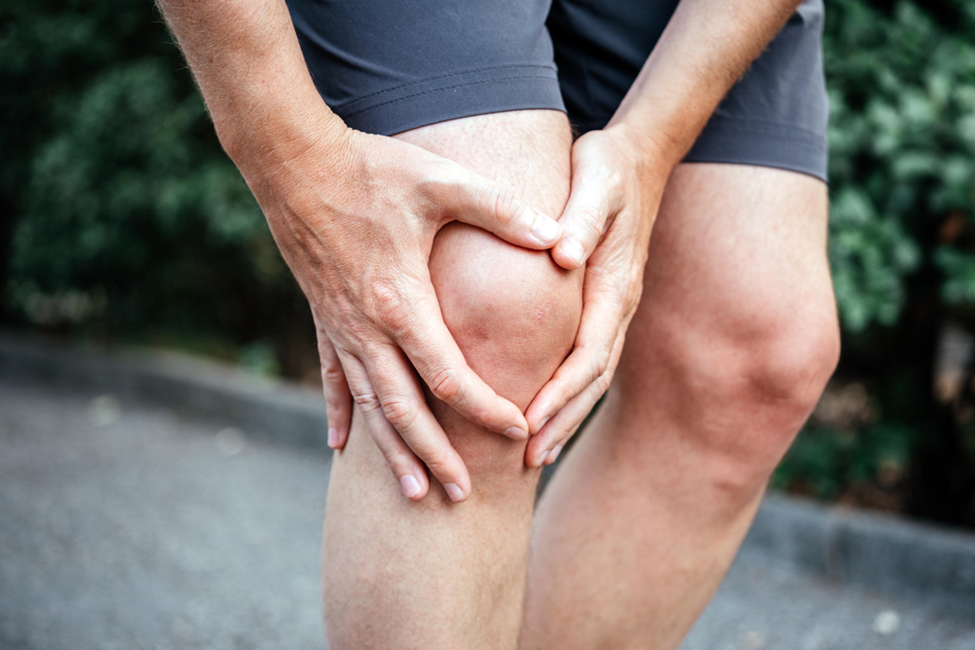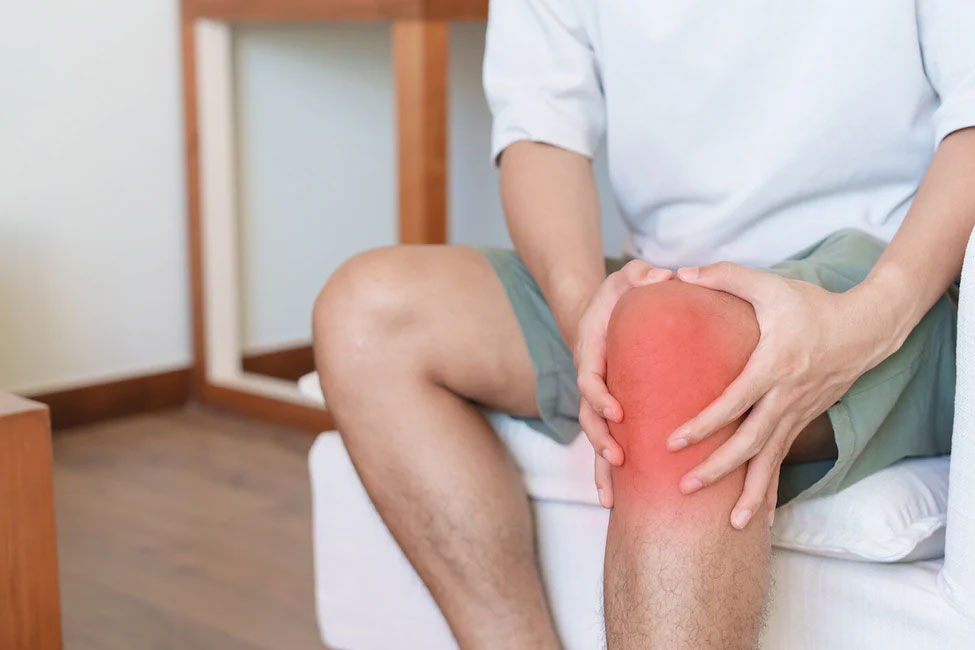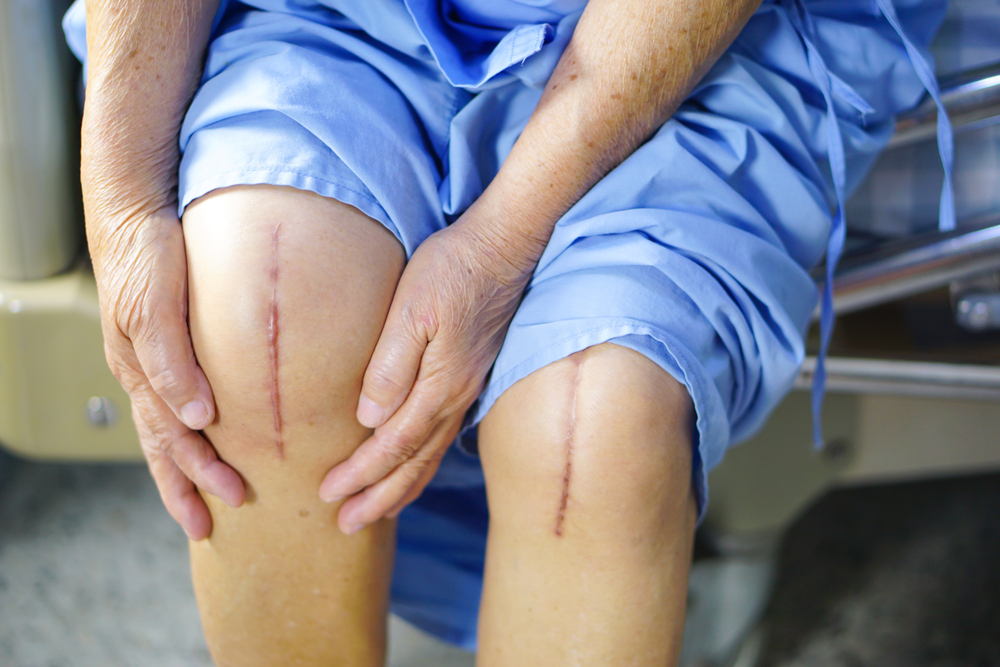Hip Cartilage Injury: Causes, Symptoms, Treatment, and Prevention
What is Hip Cartilage Injury?
Hip cartilage injury refers to damage or trauma to the cartilage in the hip joint, which can result from various causes, affecting the smooth surface that covers the ends of the bones in the hip joint.
Types of Hip Cartilage Injuries
- Labral Tears: Tears or damage to the labrum, a ring of cartilage that surrounds the socket of the hip joint.
- Femoroacetabular Impingement (FAI): A condition where abnormal bone shapes in the hip joint cause cartilage damage due to friction during movement.
- Osteochondral Injuries: These involve damage to both cartilage and the bone beneath it, often caused by a traumatic event or repetitive stress.
How Common is Hip Cartilage Injury?
Hip cartilage injuries are relatively common, particularly in athletes, individuals involved in high-impact sports, or those with anatomical abnormalities in the hip joint. Labral tears and osteochondral injuries are frequently diagnosed in people experiencing hip pain or discomfort, especially in sports-related injuries or hip joint abnormalities. Femoroacetabular impingement is also a common cause of hip cartilage damage in active individuals.
Causes of Hip Cartilage Injury
Hip cartilage injuries can stem from various causes, often involving trauma, wear and tear, or joint abnormalities. Here are several contributing factors:
- Trauma or Injury: Direct impact, falls, accidents or sudden injuries can damage the cartilage in the hip joint.
- Repetitive Stress: Overuse or repetitive stress on the hip joint, common in athletes or individuals engaged in activities involving frequent hip movement, can lead to cartilage wear and tear.
- Femoroacetabular Impingement (FAI): An abnormal shape of the hip joint, causing abnormal friction between the ball and socket of the hip, potentially leading to cartilage damage.
- Labral Tears: Injury or degeneration of the labrum, the cartilage surrounding the hip socket, often linked to activities or movements causing excessive hip rotation.
- Osteochondral Injuries: Result from a combination of cartilage and bone damage, often due to acute trauma or long-term joint stress.
Symptoms of Hip Cartilage Injury
Symptoms of hip cartilage injury can vary based on the specific type of injury, the severity, and the affected area. Some common signs may include:
- Hip Pain: Persistent or intermittent pain in the hip joint, which might worsen during certain movements or weight-bearing activities.
- Decreased Range of Motion: Difficulty or discomfort while moving the hip joint, including limitations in flexibility or reduced range of motion.
- Clicking or Catching Sensation: Some individuals might experience sensations like clicking, catching, or locking within the hip joint, especially during movement.
- Joint Stiffness: Stiffness in the hip joint, particularly after periods of inactivity or upon waking up in the morning.
- Instability or Weakness: Feeling of instability or weakness in the hip joint, affecting mobility or balance.
Diagnosis of Hip Cartilage Injury
Diagnosing hip cartilage injuries involves a comprehensive assessment, typically following these steps:
Medical History
The orthopaedic specialist will discuss the individual’s symptoms, any previous injuries, and the nature and duration of the hip discomfort.
Physical Examination
A thorough examination of the hip joint, checking for range of motion, stability, and signs of pain or discomfort during specific movements.
Imaging Tests
Various imaging techniques can aid in the diagnosis, including:
- X-rays: To assess bone structure and potential abnormalities.
- MRI (Magnetic Resonance Imaging): Provides detailed images of the soft tissues, such as cartilage and labrum, aiding in detecting tears or damage.
Diagnostic Hip Arthroscopy
In some cases, a minimally invasive procedure called arthroscopy may be used for a more direct assessment of the hip joint and potential treatment of the cartilage injury.
Complications of Hip Cartilage Injury
Complications that can arise from hip cartilage injuries include:
- Progression of Joint Damage: If left untreated, cartilage injuries in the hip can worsen over time, potentially leading to further degeneration of the joint surface and surrounding tissues.
- Osteoarthritis: Severe or untreated cartilage injuries may contribute to osteoarthritis in the hip joint, causing chronic pain, inflammation, and stiffness.
- Chronic Pain and Disability: If hip cartilage injuries progress or remain unaddressed, they can result in persistent hip pain, reduced mobility, and long-term disability.
- Functional Limitations: Severe hip cartilage injuries can limit the affected individual’s ability to perform daily activities, affecting their overall quality of life and functional independence.
Treatment Options for Hip Cartilage Injury
Treatment options for hip cartilage injuries can vary based on the severity, location, and specific type of injury. Here are several approaches:
Conservative Management
- Activity Modification: Limiting activities that exacerbate symptoms to reduce stress on the hip joint.
- Physical Therapy: Targeted exercises to improve hip joint stability, strength, and flexibility.
- Pain Management: Using anti-inflammatory medications or injections to manage pain and inflammation.
Arthroscopic Surgery
- Debridement: Smoothing or trimming damaged cartilage to reduce friction and discomfort.
- Microfracture: Stimulating the growth of new cartilage by creating tiny fractures in the bone beneath the damaged area.
- Marrow Stimulation Techniques: Procedures aiming to encourage the body to repair cartilage defects by introducing new cells.
Osteotomy or Realignment Procedures
Surgical techniques to reposition bones, correcting alignment issues in the hip joint to reduce stress on damaged cartilage.
Cartilage Transplantation
Procedures involving transplanting healthy cartilage cells into the affected area to stimulate cartilage repair.
Preventing Hip Cartilage Injury
Preventing hip cartilage injury involves a few strategies to maintain joint health and reduce the risk of damage:
- Engage in exercises that strengthen the hip joint and surrounding muscles. Focus on a well-rounded exercise routine that promotes joint stability and flexibility.
- Whether in sports or daily activities, use the correct techniques to reduce unnecessary stress on the hip joint.
- Limit activities that place excessive stress on the hip joint, especially those involving repetitive or high-impact movements.
- Maintain a healthy weight to reduce pressure on the hip joint and minimise the risk of developing joint problems.
- Attend regular check-ups to address concerns about hip discomfort or unusual sensations early, ensuring timely treatment if needed.
Living with Hip Cartilage Injury
Living with a hip cartilage injury may involve various considerations:
- Following the prescribed treatment plan is essential to manage and improve the condition.
- Adjusting daily activities and exercises based on the orthopaedic specialist’s recommendations to minimise discomfort and prevent aggravating the injury.
- Engaging in specific exercises and physical therapy to enhance hip joint strength, stability, and flexibility, as directed by a healthcare professional.
- Continuing regular follow-ups with an orthopaedic specialist to monitor the condition and address any changes or concerns.
- Make modifications in daily routines or activities to accommodate any discomfort or limitations caused by the injury.
Hip cartilage injuries can significantly impact joint health and overall well-being, leading to discomfort, reduced mobility, and potential complications if left untreated. Early diagnosis, appropriate treatment, and lifestyle adjustments are crucial in managing such injuries and preventing long-term joint damage.
For a comprehensive evaluation, personalised treatment, and expert guidance specific to hip cartilage injuries, consider seeking an appointment with The Orthopaedic Practice and Surgery Clinic. Our specialised team can offer tailored assessments and effective strategies to address hip joint concerns, promoting better joint health and enhanced quality of life.
Take the proactive step—request an appointment today to receive specialised care and guidance for hip cartilage injuries from experienced professionals at The Orthopaedic Practice and Surgery Clinic.



